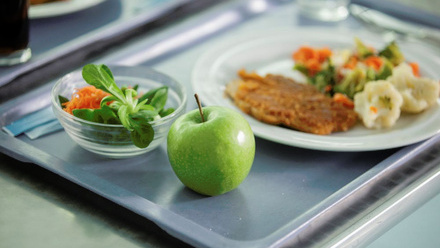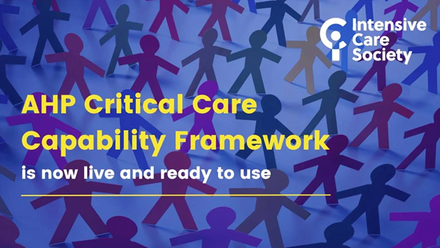It is common to find that taste and smell can be different after your critical illness. This may be because:
- the medicine you had while in the intensive care unit
- your body’s response to the stress of critical illness
- you needed help breathing (either oxygen through a mask or being on a breathing machine)
- you were fed by a tube through your nose.
You might find that you have a complete loss of taste or smell or that food tastes like metal, too sweet or has a bitter or salty taste. This means that food or drink may taste different once you start eating again and this can make it difficult to eat what you need. These changes to taste and smell usually get better after a short period of time but the following advice can help you manage it until then.
What can help me eat when I have a loss of taste or smell?
- Eat when you feel hungry and choose the types of food you feel like you want to eat.
- It may help to rinse your mouth well before eating to keep it fresh, especially if you need to use a nebuliser (a device than helps you breathe in a fine spray of liquid medicine to help your lungs and breathing) or have had oxygen through a mask.
- Sharp, strong or tangy flavours may help to make you feel like eating, so use these flavours in your cooking or as sauces.
- Sugar-free mints or chewing gum may help to get rid of any unpleasant tastes in your mouth.
What will help me if food or drinks taste metallic?
- It might help to use plastic cutlery to help reduce the metallic taste in your mouth.
- Try choosing acidic or tangy flavoured food and drink as this may cover up the metallic taste.
What will help me if foods or drinks taste unusually sweet?
- It may help to choose salty or acidic flavoured foods to stop the sweet taste.
- Cut down on sweet and sugary foods.
- Water down sweet tasting drinks or fruit juices with water or ice.
- Having herbal tea before meals may help.
What can I do if foods or drinks tastes unusually bitter or salty?
- Adding sweet flavours to food or drink, such as sweetener, honey, or sugar may help reduce the salty or bitter taste.
- Drinking herbal tea e.g. ginger/ mint before meals may help.
Summary:
These changes in taste should settle down in time, but if you are worried about them, or these tips haven’t helped and you are finding it difficult to eat, ask a doctor or dietitian for advice.
More information:
NHS UK advice on:
See ICUsteps information for more information







